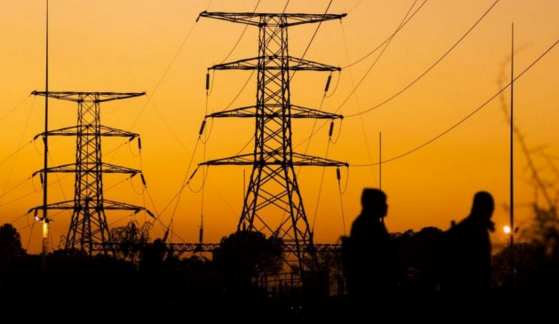Uganda endured a countrywide blackout for several hours on Friday, disrupting daily life and economic activity. The outage, attributed to technical complications during testing at the newly built Karuma Hydro Power Plant, plunged the nation into darkness in the morning and caused inconveniences for many until power was gradually restored later in the afternoon.
The Uganda Electricity Transmission Company Limited (UETCL), the government agency responsible for managing the national power grid, announced the blackout on social media. They explained that the disruption stemmed from a "load rejection test" undertaken at the Karuma plant, a significant infrastructure project aimed at bolstering the country's electricity generation capacity.
The news of the blackout caused apprehension among Ugandans, many of whom have grappled with power inconsistencies for years. While the nation has witnessed an expansion in power generation in recent times, including the completion of the Karuma plant, outages remain a persistent challenge.
The disruption significantly impacted businesses across the country. Small and medium enterprises, particularly reliant on electricity for daily operations, faced revenue losses due to the unanticipated halt in their activities. Traffic signals malfunctioned, causing congestion on major roads in urban centers. Residents struggled to maintain cool temperatures indoors as the scorching midday sun beat down.
While the UETCL prioritized restoring power to critical infrastructure like hospitals and water treatment plants, many Ugandans were left without electricity for a substantial part of the day. The inconvenience highlighted the nation's dependence on a stable power supply for economic productivity and basic comfort.
The incident also sparked public debate about Uganda's long-term energy goals. With the Karuma plant coming online, the government aspires to not only meet domestic demand but also become a regional power exporter. However, the nationwide blackout underscored the need for robust infrastructure and a modernized grid to ensure efficient power transmission and distribution.
Officials assured the public that they were investigating the cause of the technical glitch and working to prevent similar occurrences in the future. They emphasized their commitment to strengthening the national grid and enhancing the country's overall energy security.

